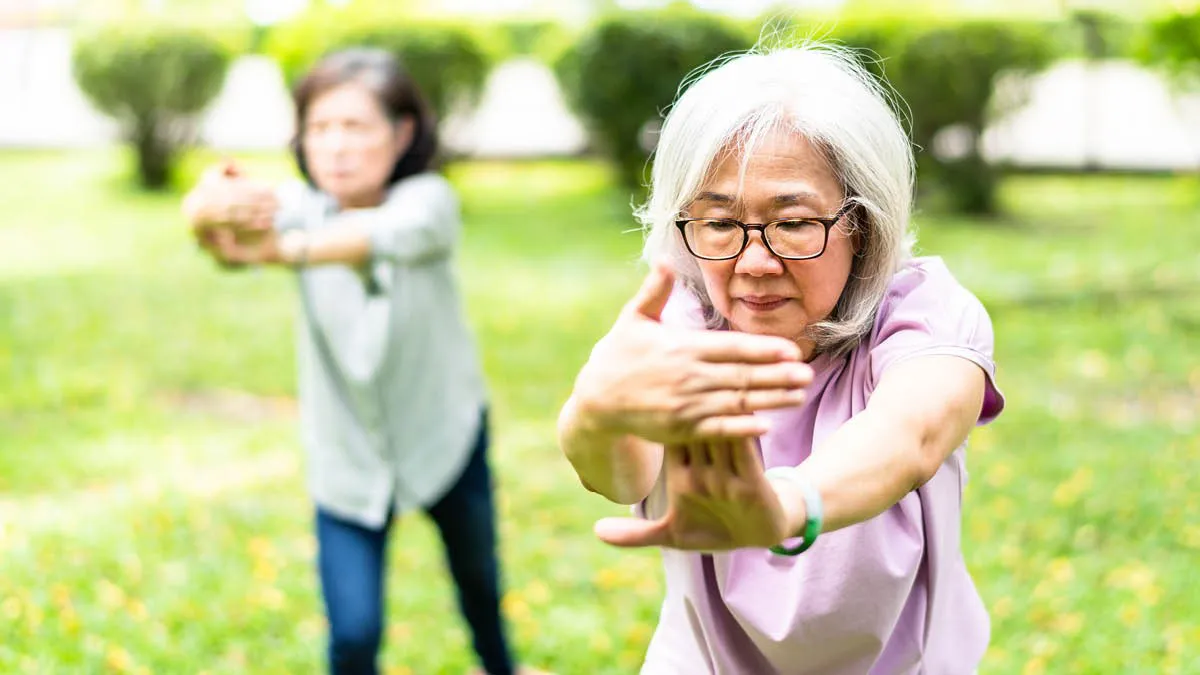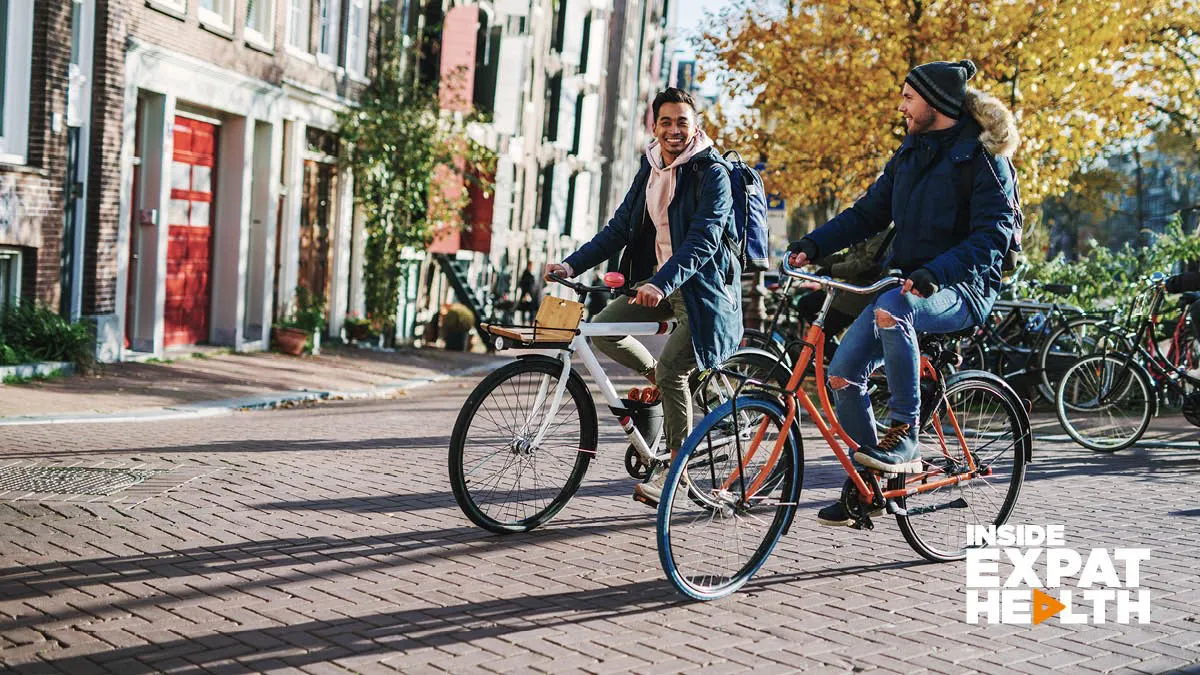- For Providers
- For Brokers
Individuals & Families
- Global Individual Health
- Spanish Domestic Individuals
Employers
- SME Employer Health
- Large Corporation Health
- Spanish Domestic Employers
IGO/NGO
- IGO/NGO Health
Individuals & Families
Top Destinations We Cover
Expat Health Insurance
- Inside Expat Health Hub
- Retiree guide to International health Insurance
- A guide to International health Insurance for working abroad
- Expat Health Insurance Explained
- Student guide to International health Insurance
- Moving abroad while pregnant
Choosing Health Insurance
- Travel Insurance vs International Health Insurance
- Choosing Health Insurance
Country Guides
- Country Guides
FAQ
- Frequently Asked Questions
Employers
Global Health Benefits Europe
- Employers Health Plans
- Cigna Inspire Plan
2 - 149 Employees
- International Health Plans
Large Corporates
- Corporate Health Plans
Global Health Benefits North America
- Employers
- OCONUS
- Students and Faculty
- Government
Clinical
Member resources
- Useful Documents & Information
- U.S Prescription Drug List
Client
- Employer Log In
IGO/NGO & Government
Government Officials
- Government Officials
Client
- Employer Log In
Topics
Individuals & Families
-
Types of Cover
-
Where We Cover
-
Resources
- Inside Expat Health Hub
- Retiree guide to International health Insurance
- A guide to International health Insurance for working abroad
- Expat Health Insurance Explained
- Student guide to International health Insurance
- Moving abroad while pregnant
- Travel Insurance vs International Health Insurance
- Choosing Health Insurance
- Country Guides
- Frequently Asked Questions
-
For Members
Employers
-
Our Plans
-
Clinical
-
For Members
IGO/NGO & Government
Health Blog
For Brokers
5 mental health habits from the world
5 mental health habits from the world
From chats over coffee in Sweden to freewheeling in the Netherlands and tai chi in China, we look at how residents of five countries take care of their mental health—and why you should consider incorporating these habits into your daily routine.
Cycling, the Netherlands
According to the World Happiness Report 2021 the Netherlands is the fifth happiest country on earth. One explanation is locals’ love of cycling—there are more than 22 million bicycles in the Netherlands and 18 million residents. In fact, a quarter of all trips are made on two wheels (compared to just two percent in the UK for example). From Amsterdam’s cobbled streets to the fishing villages that cling to its northern shore, the country is connected by 22,000 miles of cycle lanes meaning the Dutch are never far from an opportunity for freewheeling. Not only does cycling flood the body with feel-good endorphins and ensure a restful night’s sleep, it’s also a way of avoiding the frustrations of rush hour—which can only be a good thing.

Tai chi, China
Head to many Chinese parks at dawn and you’ll spot the outlines of people moving gracefully through a series of routines. Some wield swords or sticks, others look as if they’re at a silent (and very slow moving) disco. Although tai chi may have its roots in self-defence, in recent years it has gained broad popularity as a therapeutic exercise that promotes physical mobility while reducing stress. Thanks to its combination of slow physical movements, deep breathing and focus, it calms the mind and reduces anxiety—think of it like a moving mindfulness practice. Although historians debate its origins, one legend states that a Taoist immortal was inspired to develop it whilst watching a snake defeat an eagle by maintaining total concentration. Tai chi it seems is about far more than just going through the motions.
Fika, Sweden
As most of us know, having a chat over a hot drink and something sweet can help put the world to rights. The Swedes have enshrined this idea in the cultural concept of fika; instead of a ‘nice to do’, it is seen as a must for mental health. In many workplaces, bosses encourage employees to take a 20-minute fika in the morning and afternoon, believing breaks make it easier to focus while also cultivating a community atmosphere that makes them feel generally happier. Think of it like a chat around the water cooler but much more inclusive. Many groups of friends and families also have a weekly fika. On Sunday mornings throughout the country, houses are filled with the smell of cinnamon and sounds of people connecting—a combination to boost the spirits if ever we heard one.
Plan de vida, Costa Rica
We all know that having a plan feels good. But for residents of the Nicoya Peninsula, a jungley spit jutting out into the Pacific Ocean where the proportion of centenarians is around three and a half times the global average, it’s vital. Plan de vida roughly translates as life plan but its meaning is more like ‘soul purpose’; put simply, it’s having a reason to get up each day. For residents of Nicoya, where many live below the poverty line, this generally means continuing to serve their family and communities well into old age. It’s not unusual to see great grandparents teaching children how to milk cows or nonagenarians loading their horse with watermelons for sick neighbours. Not only do acts of kindness produce serotonin in both the givers’ and receivers’ brains, they also banish loneliness by creating tight knit communities—something we all need, no matter our age.
Thai massage, Thailand
Headaches, sleeplessness, clenched muscles and tooth grinding—the reality is that mental health issues such as stress and anxiety have physical symptoms and therefore can be at least partially addressed in physical ways. Thai massage is one of the most ancient forms of therapy; healers have been pulling, pummelling and palm pressing their clients into relaxation for around 2,500 years. Although Bangkok’s Wat Pho temple and its massage school is considered the home of the practice, many rural villages have their own massage healer who offers their services for free and is in turn cared for by the community. At the very least, a simplified form is practiced in most rural homes, where children can often be seen bending their parents into better mental health on a simple mattress on the floor.
Related articles
©Cigna 2025
This article has been prepared for general information only and is not intended to provide or constitute advice. Although reasonable steps have been taken to verify the accuracy of the information contained in this video as at the date of production, the position may change at any time. As a consequence, we cannot guarantee that the information contained in this video is accurate or up to date and it should not be solely relied upon. To ensure you have the most accurate and up to date information available, we recommend that you consult government agencies or seek independent legal, financial or medical advice regarding residency, insurance or healthcare rights and requirements in relation to the relevant country or territory.
Contact Us
Whether you wish to speak to our sales team or get general help if you are already a Cigna Healthcare® member, we’ll get you to the right information.
Contact InformationPopular Links
Resources
© Cigna Healthcare. All rights reserved.
*Please note, this is a representation of the benefits available and does not contain the terms, conditions, and exclusions specific to each benefit. The benefits may be subject to change. Some benefits may be part of an optional module. Please see the Customer Guide for full details.
This website is provided by Cigna European Services (UK) Limited, a company incorporated in England and Wales having its registered address at 13th Floor, 5 Aldermanbury Square, London EC2V 7HR and registered number 00199739. The Cigna Healthcare name, logo and other Cigna Healthcare marks are owned by Cigna Intellectual Property, Inc., licensed for use by The Cigna Group and its operating subsidiaries.
Our Policies are underwritten by Cigna Global Insurance Company Limited, a private limited company under Guernsey Law, with registered address office at PO Box 155, Mill Court, La Charroterie, St Peter Port, Guernsey, GY1 4ET, and company number 41925. Cigna Global Insurance Company Limited is authorised and regulated by the Guernsey Financial Services Commission for the conduct of insurance business in Guernsey.
This communication is being issued and/or distributed by Cigna Insurance Management Services (DIFC) Limited which is regulated by the Dubai Financial Services Authority.
Selecting these links will take you away from Cignaglobal.com. Cigna Healthcare does not control the linked sites' content or links.

